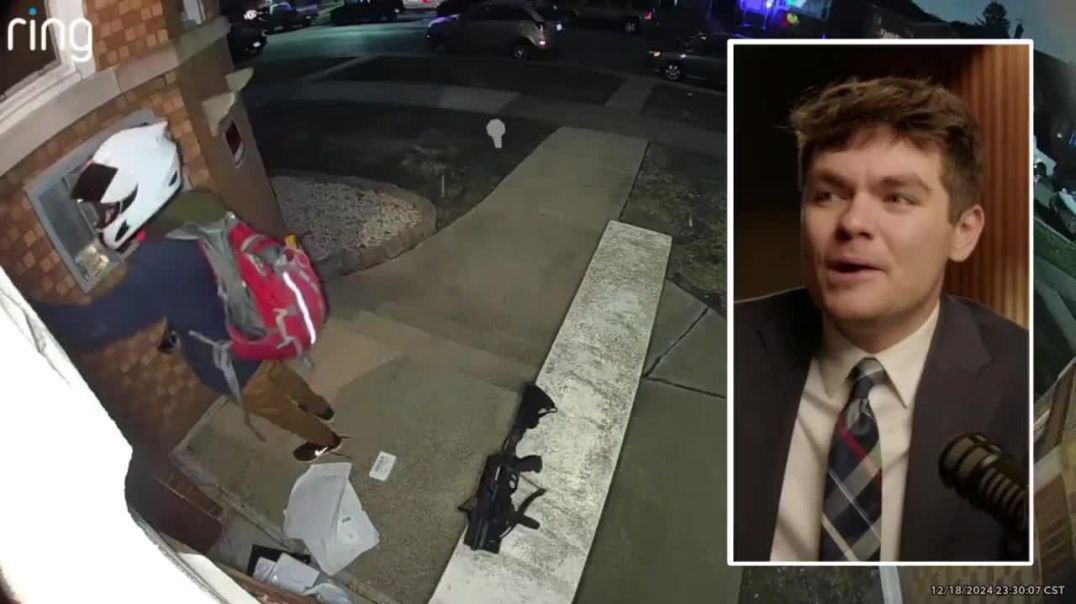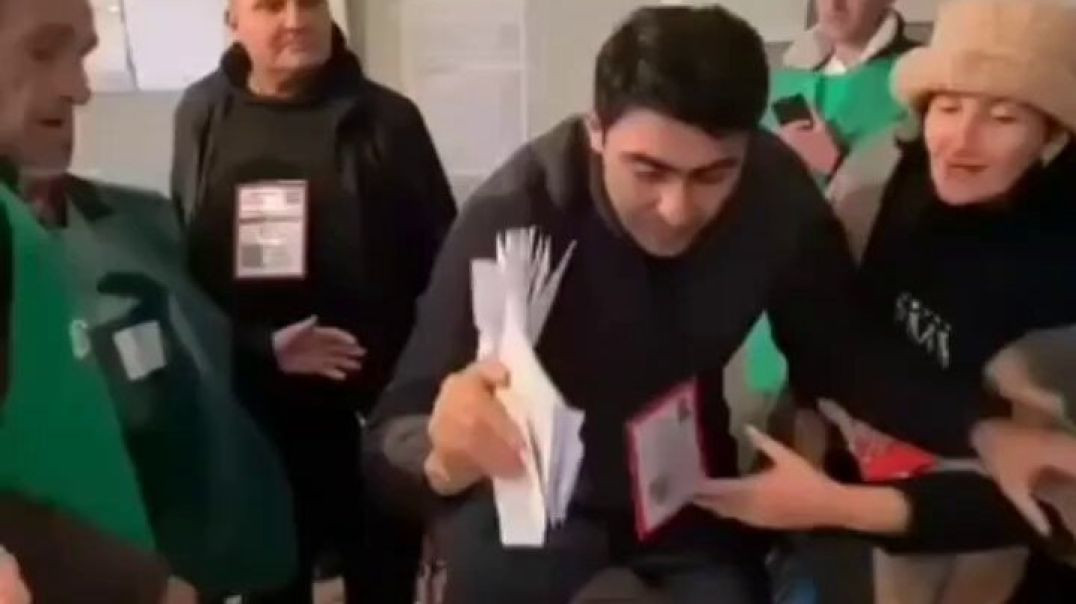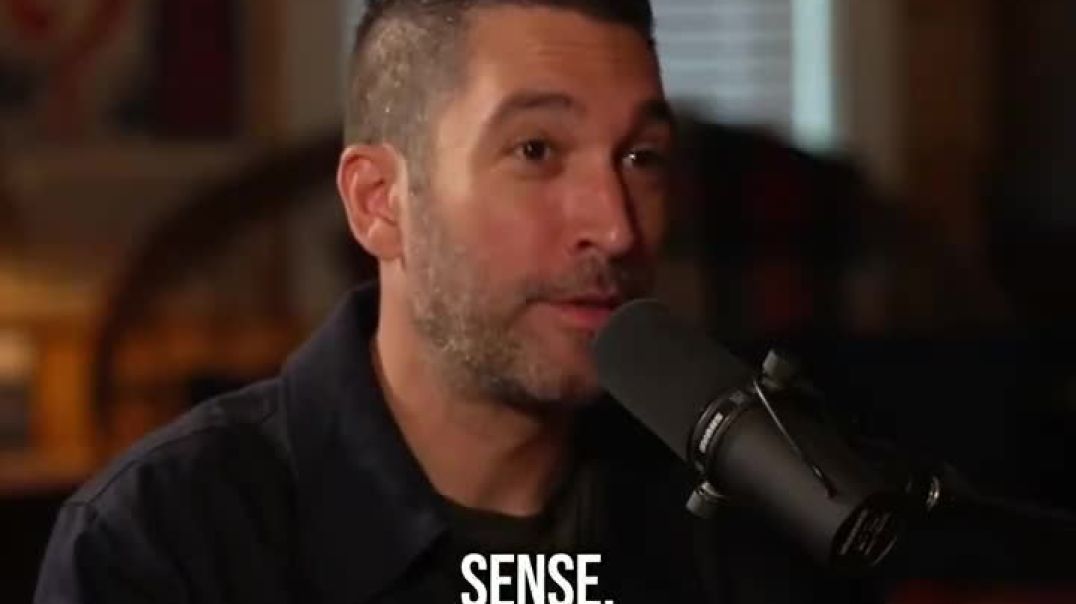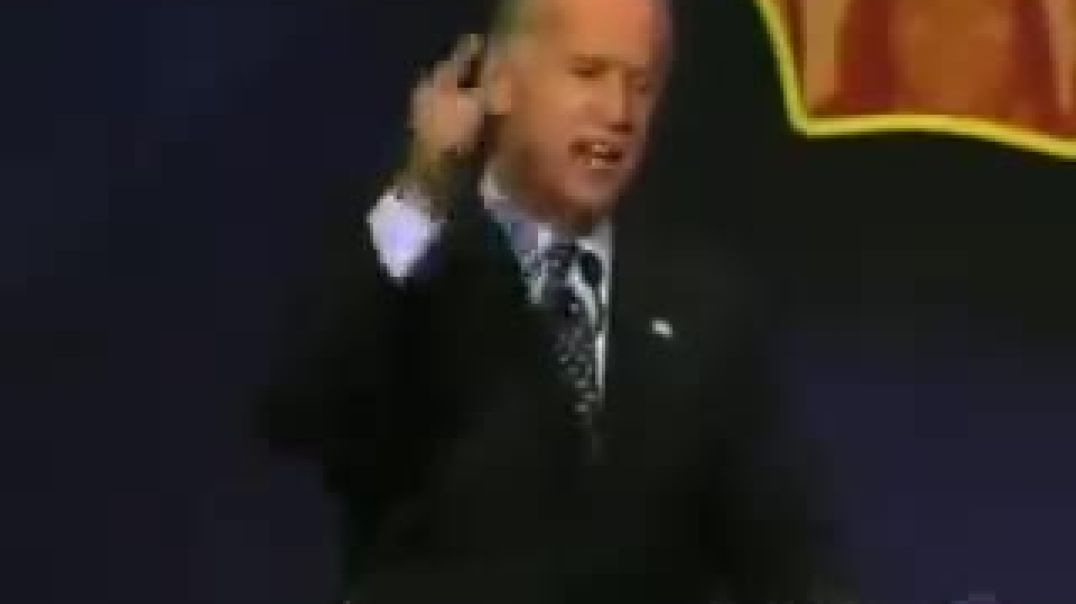Please donate now to help fund our work
The Leo Frank Case: Chapter 21 Of 22 - Inside Story Of Georgia's Greatest Murder Mystery
The jury was sent, and Rosser argued that the state should show only general character. Attorney Dorsey replied that while the state cannot bring a specific lawsuit, the defendant's statement that he never had a woman in his office cast doubt on that stage of his character. Attorney Rosser disagreed, arguing that witness testimony was submitted to the defense and that James Conley's testimony was refuted. Judge Roan ruled that testimony was admissible if it contradicted the testimony of one of the defense witnesses. Attorney Rosser responded to the ruling by requiring the defense witness to be brought back to the table for cross-examination before the lawyer can testify inconsistently with the defense witness. The jury returned to court and Miss Griffin remained on the witness stand. The most important detail in this audio-video document is the three witnesses who testified against Leo M. Frank. When the first witness, Miss Martis Cato, was asked if she knew Frank's general character about women, she said "no." second witness, Mrs. Asked if he knew Frank's general personality when it comes to relationships, RM Dunigan said, "No." Third witness, Mrs. H.J. Johnson was asked if she was aware of Frank's general reputation for women, but she didn't say much.
The defense was unable to cross-examine all but addresses. Dorsey said one of the women was willing to testify that Frank made a lewd proposal to her in her private room and used a wrench before fleeing her room. Dewey Huwell, who was brought to Atlanta from the Good Shepherd's home in Cincinnati, said Frank knew Mary Phagan and saw him conversing with her. Witnesses were asked how many times they spoke with Mary Phagan and how many times they put their hands on her shoulders. He called her Maria and stood near her when she spoke.
On the afternoon of Wednesday, August 20, both sides were taking a break, and it took less than an hour to submit the rebuttal. Witnesses and doctors' testimony contradicted Dr. Harris and pawnbroker Nathan Sinkowitz vowed that Mie McCoy pawned his watch in January and that it would remain his property until August. Some disputed the tram driver's statement that little George Epps was not with him when he came into town on the day Mary died.
A key fact in the audiobook is that Frank punched Mary Phagan in the left eye and threw her to the ground before dropping her body down an elevator shaft and hovering around the factory until Frank left. Arnold's job was to convince the jury that Mary Phagan's murder was as easily explained by Conley's theory as it was by Frank's. The charges centered on Frank because he was the only man in the factory. And it wasn't until long after Frank was arrested that no one noticed the opening of the elevator, the most crime-prone part of the factory. Stearns may think he's fighting for truth and justice, but it's like the Court of Appeal decision he read out this morning. Evidence obtained through persecution, torture, or third degree is dangerous evidence. A key detail in the document is that Jim Conley, a black man, was able to come up with a story to protect himself from detectives who tried to accuse Frank, and that the detectives feared being criticized if they did not proceed with the case. It means that against Frank. The document also notes that investigators fear criticism if they do not pursue a case against Frank, and that the attorney general has vowed to enforce the law impartially. The document also notes that investigators fear criticism if they do not pursue a case against Frank, and that the attorney general has vowed to enforce the law impartially. The most important detail in this document is that, apart from Dalton, he is the only other male who has been in the factory with a woman between 1:00 and 2:00 p.m. when Frank was always having lunch. The man said he only saw Dalton enter through the front door and did not know where he entered the building. The text also discusses the fact that the Clark Woodworks Company and the Pencil Factory used the same entrance, and that Dalton left a slimy snake trail wherever he went to the factory or the Woodworks Company. . The sentence ends by asking if there is anything else about this factory that makes it different from other factories. The lyrics are about a Georgia factory that had star-piercing eyes, Black's watching eyes, Pat Campbell's eagle-like eyes, and Scott's eyes. The Atlanta riots raid a factory, and the Beavers form a sub-squad to hunt down the bad guys. Would you have run away if the factory had been contaminated? If Schiff and Dalton had left the factory messy, they would be on the run by now.
An important detail in the document is that the evidence showed Schiff and Darley were immoral, and that Attorney Hugh M. Dorsey's speech was the most notable at the trial. He was on site for more than 11 hours, speaking over three days, beginning with the Friday afternoon attorney list deadline. His prosecution against Frank is perhaps the toughest ever against a defendant in a national murder trial. The crime was extraordinary, a horrific crime, a most heinous crime, a diabolical crime, and it required vigilant, earnest, conscientious effort on the part of the detective and defendant. The four Messers who played against us were Arnold and Rosser, and two Messer Haas.
This case was important because of the importance, reputation and skill of the attorneys hired against us, and the manner in which these gentlemen argued this case was exceptional. The main content of the text is that the defendant and his friends were slandered and abused by investigators, and that they used stereotypical expressions such as prejudice and perjury when alleging the case. The defendant's mother has accused the defendant of being a dog, and investigators are disappointed that the case is not based on the fact that the defendant is Jewish. The defendant's ancestors were civilized when our ancestors ate cannibalism, and the defendant respects this defendant's race of origin. Defendant's ancestors praise the race that gave birth to Disraeli and Jeremiah, that our ancestors were cannibalistic and civilized.
Father Benjamin, Strauss, Rabbi Mark, Abe Hamel, and Swartz are all well-known figures in American and British history. Father Benjamin was a great lawyer and Strauss was a diplomat who sank on the Titanic. Rabbi Mark was a business associate of Father Benjamin. Abe Hamel died in New York and Swartz paid a fine for stabbing a girl. These examples show that this great people are subject to the same laws as Africans. David was once a great man, but he put old Uriah at the head of a great battle to take his wife. Benedict Arnold was brave and enjoyed the trust of all his people until he betrayed his country. Oscar Wilde was an Irish knight who had a high reputation until his conviction. His cross-examination should be read with admiration.
The point of this article is that good character is worth no penny in lawsuits, and crime is not just for the poor. Examples include McCune, Richardson, Henry Clay Beatty, and other highly intelligent individuals who have committed serious crimes. These examples show that good character is not worth a penny when you have a criminal record, and that crime is not just for the poor. Good character is not worth a penny when accused. And this crime is not just for the poor. The investigators in the case were vilified and denounced, but a jury of Virginia farmers destroyed Beatty and elevated the federal public to a higher level.
Crippen of England was a doctor of high standing who killed his wife because of an infatuation for another woman. Jim Conley was impeached except by those with their hands in the till of the National Pencil Factory, and his general character was unimpeached except by the words of the hirelings of the National Pencil Factory. His relations with Miss Rebecca Carson were shown to have gone to the dressing room with him, and his own witness, Miss Jackson, sustains Jim Conley and Miss Kitchens, who worked on the fourth floor, as to what they did April 26. Jim Conley, Truman McCreary, Monteen Stover, Lemme Quinn, Dalton, Daisy Hopkins, Ivy Jones, Albert McKnight, and Mignola McKnight are all defendants in the case. Jim Conley is a Negro who gets his living from the pencil factory, and has sustained Truman McCreary, Monteen Stover, Lemme Quinn, Dalton, Daisy Hopkins, the blood on the second floor, Holloway's testimony, Ivy Jones' testimony, Albert McKnight's testimony, and Mignola McKnight's repudiated affidavit. Jim Conley has also written for Truman McCreary, Monthine Stover, Leme Quinn, Dalton, Daisy Hopkins, Blood Upstairs, Holloway's Testimony, Ivy Jones' Testimony, Albert McKnight's Testimony, and Mignola McKnight's Verified rejected affidavits. Jim Conley's story is based on the fact that no black man in the history of the race has ever written a memo reporting a crime. The note stated that Mary had been attacked on her way back from a natural disaster, and that her only restroom she knew was in a metal room upstairs. Frank's testimony was Jim, who said that Frank's mind was troubled by the problem of disposing of the corpse and that he decided it would be better to get a coupon book and have everyone sign for the money they got. This corroborates Conley's description. The fact that there is no record to prove that Frank has paid off the loan supports Jim Conley's account that the problem of disposing of the bodies weighed heavily on Frank's mind.
An important detail in the document is that defendant Jim Conley did not enter the jury room because his heart and conscience were focused on the crime he had just committed. Frank cheered me up when I told him I had relatives in Brooklyn. Mr. Rosser asked Conley whether Minsey was a myth or a diabolical perjury, and if he didn't produce him, why would he produce him for a jury? The defendant's actions, words, and circumstances prove his guilt in the murder of young Mary Phagan, and he failed his duty and broke his oath. woman. Both the defendant's wife, Mrs. Lucille Franck, and her mother, Mrs. Ray Franck, seemed concerned when Coleman interrupted him as he gagged the girl in the petticoat.



















